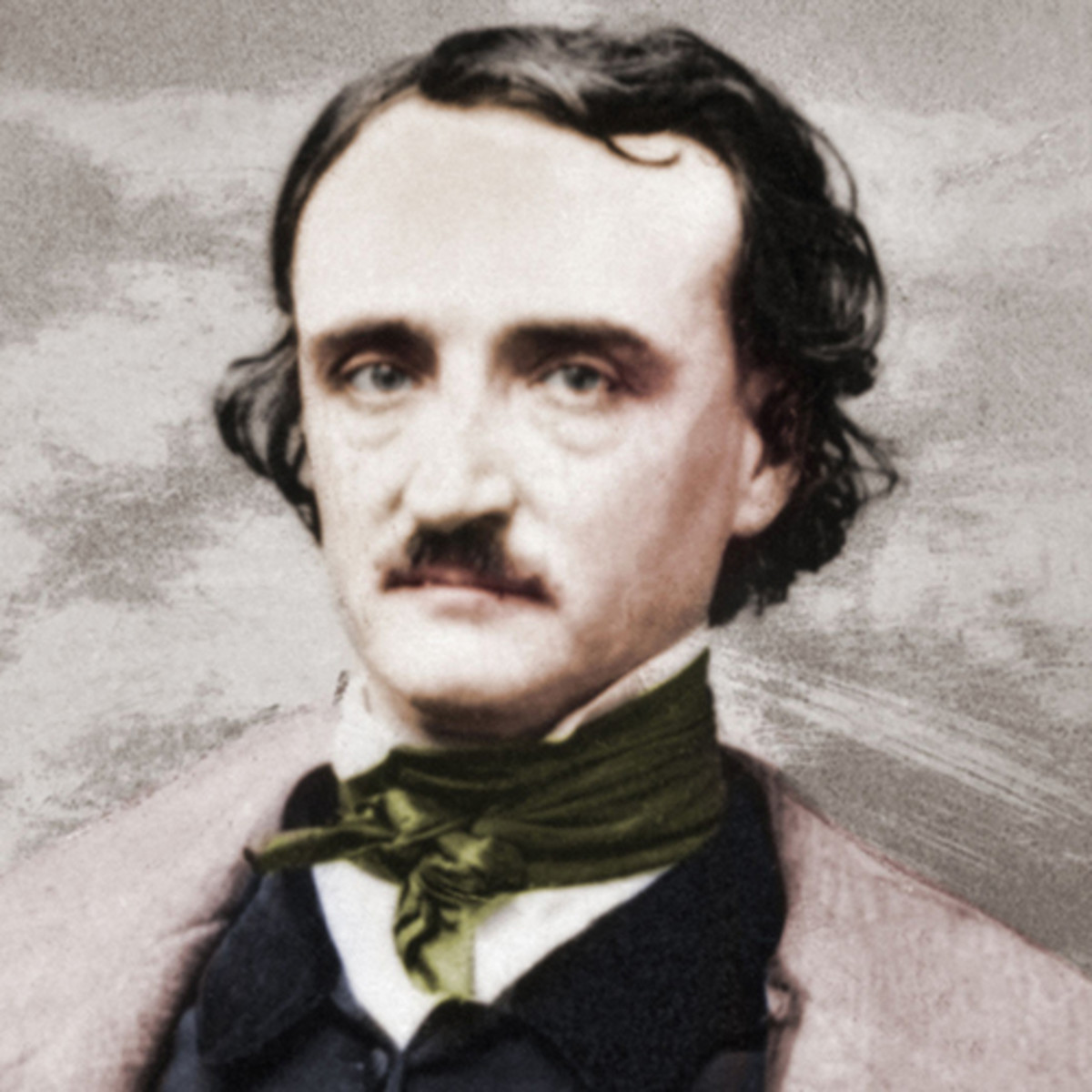From childhood’s hour I have not been
As others were—I have not seen
As others saw—I could not bring
My passions from a common spring—
From the same source I have not taken
My sorrow—I could not awaken
My heart to joy at the same tone—
And all I lov’d—I lov’d alone—
Then—in my childhood—in the dawn
Of a most stormy life—was drawn
From ev’ry depth of good and ill
The mystery which binds me still—
From the torrent, or the fountain—
From the red cliff of the mountain—
From the sun that ’round me roll’d
In its autumn tint of gold—
From the lightning in the sky
As it pass’d me flying by—
From the thunder, and the storm—
And the cloud that took the form
(When the rest of Heaven was blue)
Of a demon in my view—
Published:
1875
Length:
Regular
Literary Movements:
Romanticism
Anthology Years:
2023
Themes:
Childhood & Coming of Age
Mental Health
Nature
Literary Devices:
Anaphora
a figure of speech in which words repeat at the beginning of successive clauses, phrases, or sentences
End Rhyme
when a poem has lines ending with words that sound the same
Interrupted Clause
a word group (a statement, question, or exclamation) that interrupts the flow of a sentence and is usually set off by commas, dashes, or parentheses
Rhyme
correspondence of sound between words or the endings of words, especially when these are used at the ends of lines of poetry

